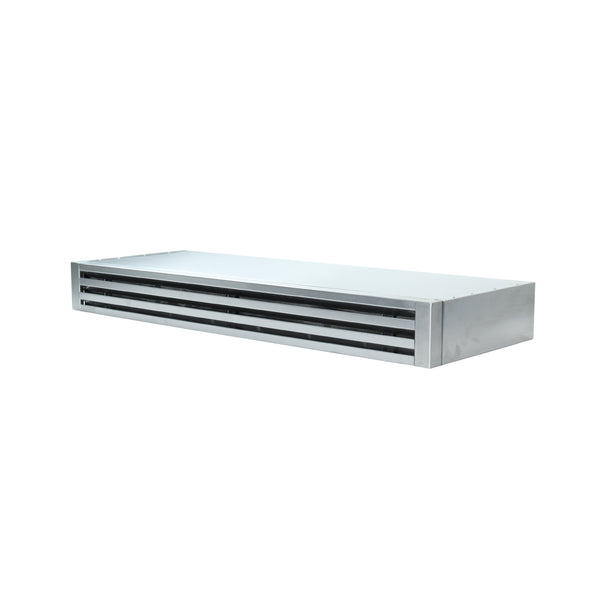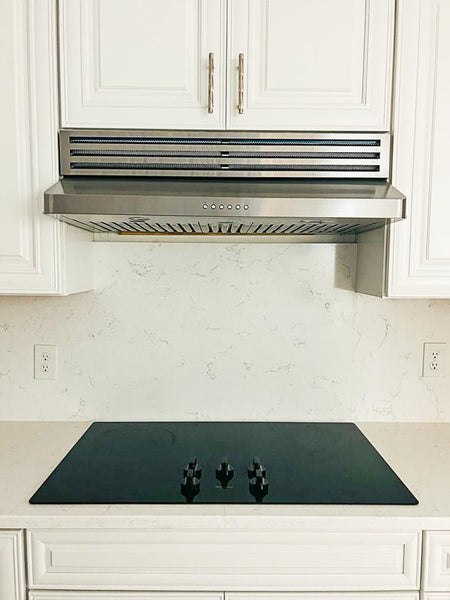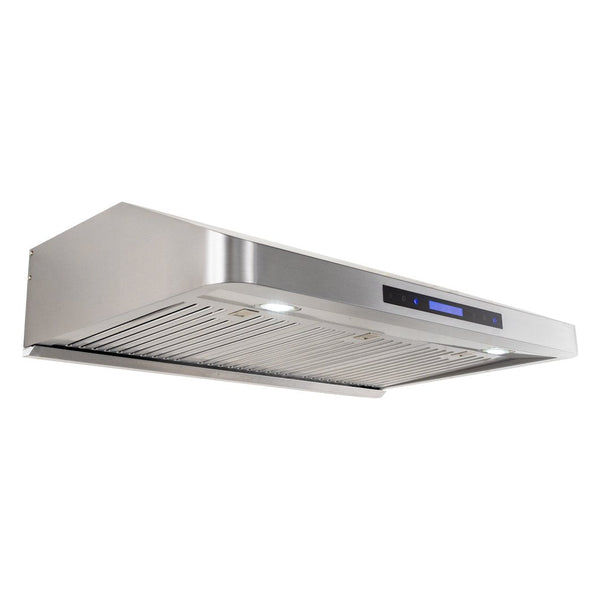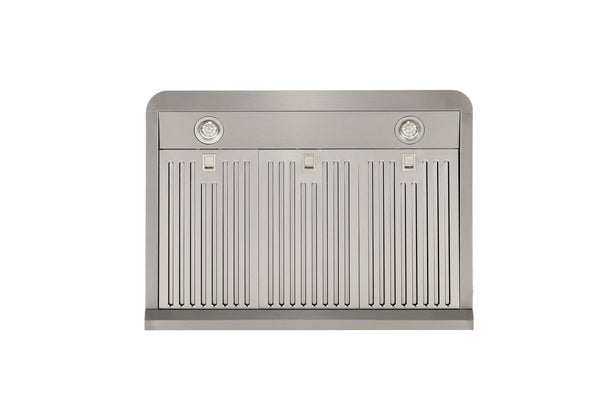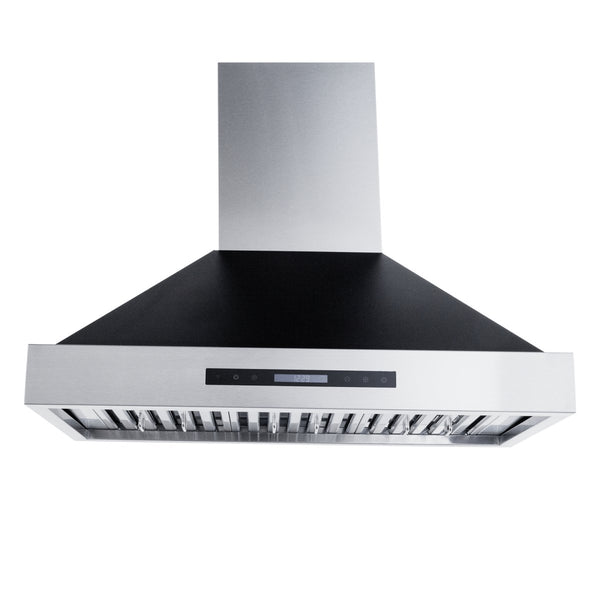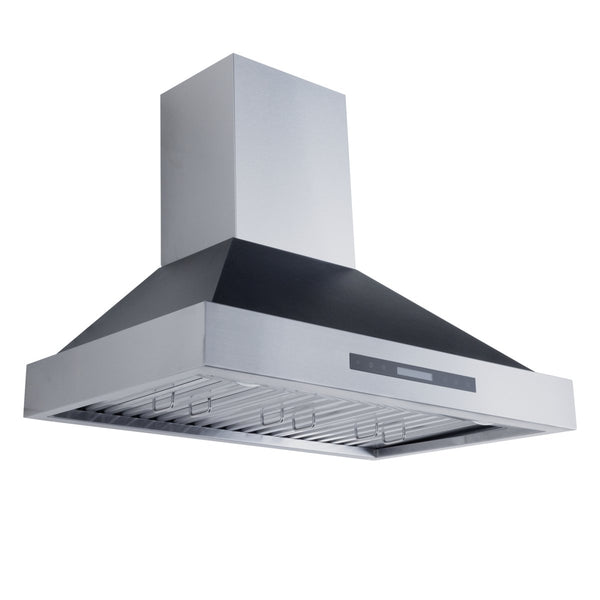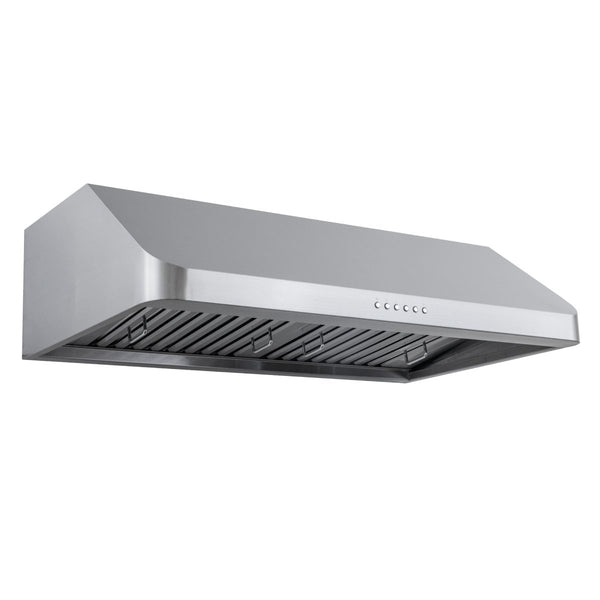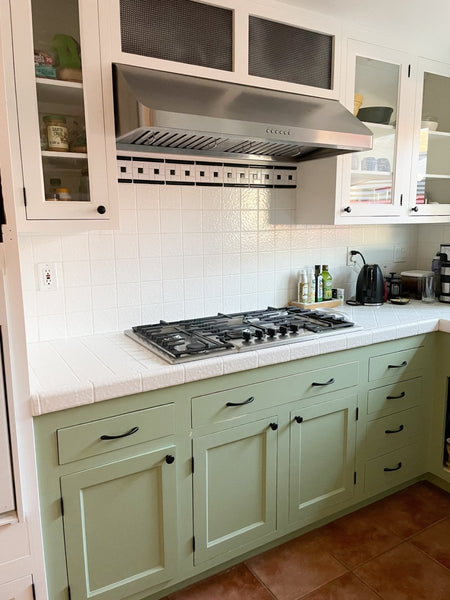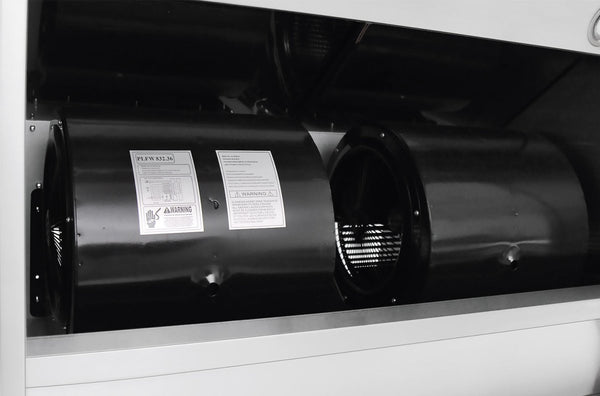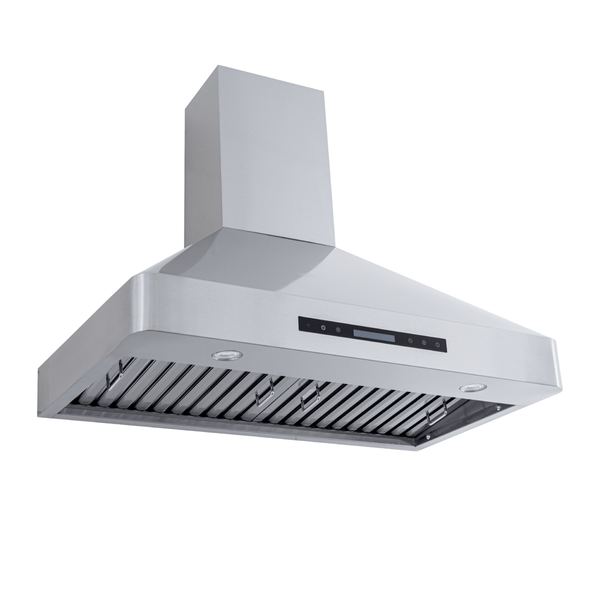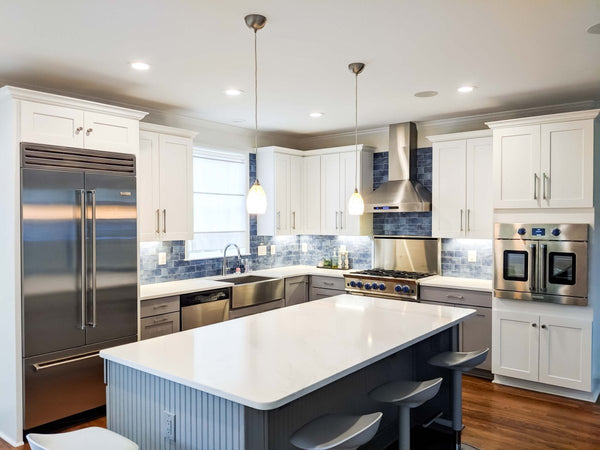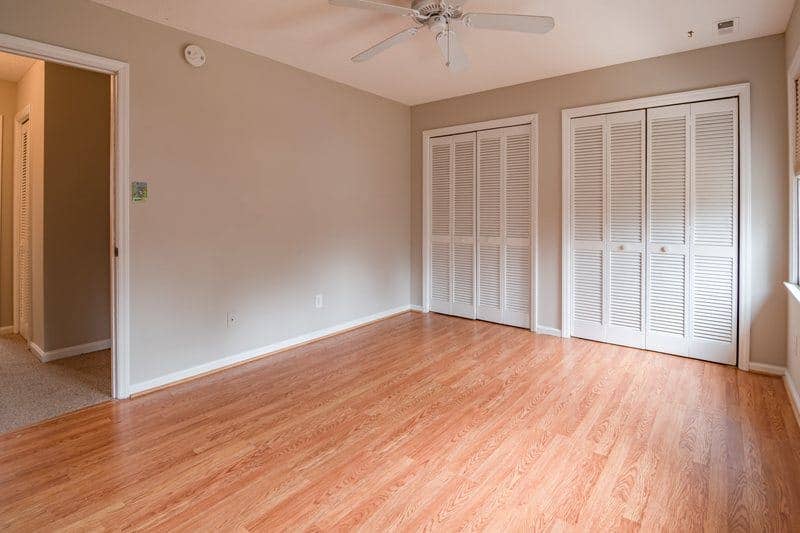Painting can be a daunting task, especially if you’re doing your first remodel. One of the most important questions to ask yourself is, how much paint should I get for doors and trim?
The short answer is: it depends on the size of your room or rooms and how many windows and doors you have, among other factors.
Let’s say you’re painting a 100 square foot room (10 feet x 10 feet).
The average door (not including the trim) is about 20 square feet. The room has 40 feet of baseboards, which cover about 10 square feet at three inches high. Most baseboards are three to five inches tall. The door trim is about 15 square feet, and the window trim is about five square feet or less. This adds up to 30 square feet for all the trim.
Let’s add everything together.
20 square feet (door)
30 square feet (trim and baseboards)
20 + 30 = 50 square feet
So you’ll be painting 50 square feet for doors and trim (see also 'What Is The Best Paint For Trim And Doors?') in your average 10x10 room.
One gallon of paint covers about 400 square feet. Look on your paint can for a more accurate estimate. This means one quart will cover about 100 square feet, more than enough for one coat on doors and trim in your average 10x10 room. Two coats mean you’ll have to cover 50+50 = 100 square feet. So, you’ll need the full quart.
In case of spills or any incorrect measurements, it’s a good idea to purchase an extra gallon. That way, you save a trip to the store if you run out of paint. And if you don’t use all the extra, you can store it away and use it for any future maintenance. Buying paint by the gallon is often cheaper, so consider a gallon instead of multiple quarts.
To save money on paint and get the best quality finish, use a primer. Some paints today are paint and primer all in one. That makes your job easy.
Without a primer, your walls might be dry. This means they will absorb the paint more readily, so you’ll need quite a bit more to finish your project.
If you skim coat your walls first, they won’t be as dry. Skim coating is often used to smooth out a rough texture on a wall. It’s best done with a roller. Learn more in this article!
Note: Keep in mind that everywhere there’s a door, you don’t have baseboards to paint. You might be wondering: do you need to factor that into your measurements? The short answer is no. Baseboards take so little paint that it’s not important as far as trim goes. Of course, if you have several doors, you might want to adjust your measurements. But otherwise, it’s not so important.
When painting walls, however, you should take into account where doors are. That’s beyond the scope of this article, though. Just be careful, or you could end up buying a lot more paint than you need.
For some quick tips and guidance, check out this video.
Or keep reading for a detailed breakdown of how much paint you need for doors and trim.
How to Calculate How Much Paint You Need for Doors and Trim - Real World Example

Here is a real-world example using measurements from my own home.
As you do these measurements in your home, use the exact number or round up. That way you’ll end up with a little extra paint rather than a little less.
What You Need
- Tape measure
- Calculator
- Pen and paper to record your measurements
1. Measure the length and height of your baseboards.
My home office is 10 feet by 10 feet or 100 square feet. So there are about 40 linear feet of baseboards. The baseboards are three inches tall, or 0.25 feet.
Multiply the total length of baseboards, 40 feet, by their height, 0.25 feet. This gives you 10 square feet of baseboards.
Mark this number down (Chances are, yours won’t be 10 exactly. But it’s possible!).
2. Measure the length and height of your door.

Next, measure the dimensions of your door. Just the door, not the trim. The height of the door in my office is 80 inches, and the width is 30 inches. Again, convert these into feet by dividing by 12 for simpler measurements.
30 inches / 12 = 2.5 feet
80 inches / 12 = 6.67 feet
2.5 feet * 6.67 feet = 16.675 square feet for your door
Circle this number and move on to the next step.
3. Measure the length and height of your door trim.
Door trim can be a little tricky to measure but do your best. If in doubt, overestimate. That way you’ll end up with more paint than you need. You won’t have to go back to the store.
First, measure the height and width of the door trim as it’s installed around your door.
The door trim is 82” high on each side and 35” wide. Add these three measurements up and divide by 12 to get the total linear feet of trim. 82”+82”+35” = 199 inches. 199 inches / 12 = 16.583 feet.
Now you measure the length of the trim around your door. The trim in my office is about 10” around. You also have to convert this measurement to feet. 10/12 is about .83 feet.
Now multiply 16.583 feet * 0.83 feet = 13.82 square feet.
So the total square footage of door trim in this example is 13.82 square feet.
4. Measure the length and height of your window trim.
Last on the list is window trim. My office has one window. First I measured the length and width of the trim.
- Length: 60”
- Width: 48”
So the total perimeter of my window trim is 60”+60+48”+48” = 216”
216” / 12 = 18 feet.
The trim on my window is quite thin, at just 1”. Again, convert this to feet. 1 inch / 12 = .083.
18*.083 = 1.5 square feet for window trim
This is a negligible amount of square footage. But your trim may be different. So it’s important to do all your measurements!
5. Calculate how much paint you need for doors and trim.
Using the final numbers from each step above, calculate how much paint you need for doors and trim.
10 + 16.675 + 13.82 + 1.5 = 42 square feet.
Multiply this number by two to account for a second coat.
42 square feet * 2 = 84 square feet
Since we know that a gallon covers about 400 square feet, a quart covers one-fourth of that or 100 square feet.
So, to do all the doors and trim in my office, I’ll need a little less than a quart for two coats.
Remember, the best way to figure out how much paint you need is to do your own measurements.
Take a look at the labels on your paint to see how much square footage it covers. Be sure to use that number in your measurements. Divide it by four to get the amount of coverage per quart of paint.
Take a look at this video below for a quick recap on how much paint you need for your home.
How much primer do I need?
Primer covers about 300 square feet per gallon. It doesn’t cover as much as standard paint because some of it is absorbed into the wall. Once you calculate how many square feet you’re painting, divide that number by 300 to get the total gallons of primer you’ll need. Keep in mind that this is just for one coat of primer. Most jobs only require one coat.
Does trim need primer?
Unfinished trim requires at least one coat of primer. But if your baseboards are already painted, primer is not required.
How many doors can 1 gallon of paint cover?
The average door is about 20 square feet, and most gallons of paint cover about 400 square feet. So one gallon of paint will cover about 400 / 20 = 20 doors.
How much paint do I need for an interior door?
Most interior doors are about 20 square feet. For a 20 square foot door, you need about 200 mL of paint for one coat.
How much trim does a gallon of paint cover?
A gallon of paint will cover about 400 square feet of trim. Look at the labels on your paint can to confirm the coverage of your paint. You will have to do the exact measurements for yourself, as they vary room by room. Here are a few questions to consider. How many doors do you have? How many windows do you have? The more doors and windows, the more trim you’ll have. Also, ask yourself, do you have trim on the ceiling and baseboards?
Will a quart of paint cover a door?
A quart of paint is more than enough to cover a door. In fact, you need less than half a quart to cover a 20 square foot door in two coats of paint. If you don’t have a primer, it’ll take more paint.
Is 750ml enough to paint a door?
Yes, it takes about 400 mL to paint two coats of a 20 square foot door. It will take a little more paint if the door is not coated with a primer.
How much paint do I need for baseboards?
Before you can figure out exactly how much paint you need, calculate the square footage of your baseboards. Typically, baseboards don’t take a lot of paint because they simply don’t add up to many square feet. In a 10x10 room, your baseboards are less than 10 square feet. A gallon of paint covers about 400 square feet.
How many gallons of paint do I need for one room?
One gallon of paint covers about 400 square feet, which is enough for one coat in a small room or closet. You’ll need two gallons for two coats.
Just add up the square footage of the area you want to paint. Let’s say the room is 15 feet by 10 feet with eight-foot ceilings.
2(15*8) + 2(10*8) = 400 square feet
How much does a quart of paint cover?
A quart of paint covers about 100 square feet. Typically the label on a gallon of paint can tell you how much square footage it covers. Just divide this number by four to get the amount of coverage for a quart of paint. Keep in mind that you’ll need to account for two coats of paint when deciding how much paint to buy.
Hopefully, you found this guide helpful on how much paint you need for doors and trim. Remember, your measurements don’t need to be exact. But it’s better to buy more paint than less.
If you found this post helpful, check out a few related articles below.
Related Articles
How to Skim Coat Walls with a Roller
Do kitchen appliances have to match in color?
